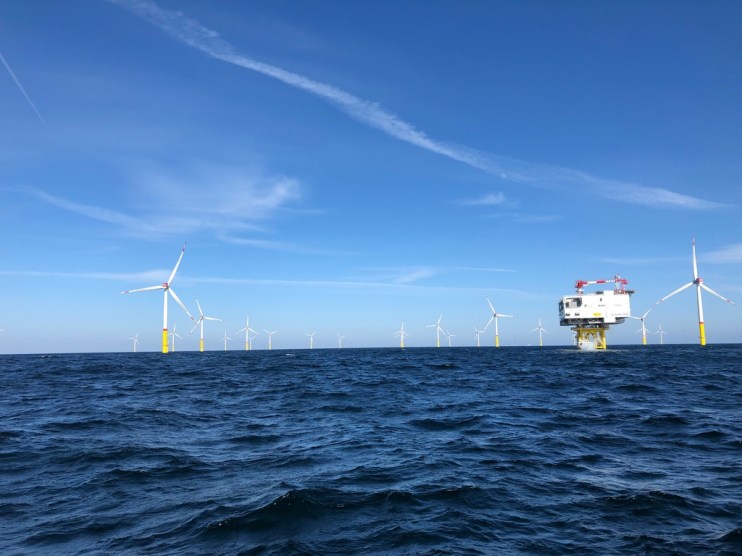Equinor joins rivals Shell and BP with record £23.8bn profits as Norwegian energy giant props up Europe’s gas supplies

Equinor has posted record £23.8bn ($28.7bn) full-year profits, powered by soaring oil and gas prices – up from £7.1bn ($8.6bn) a year earlier.
Meanwhile adjusted operating earnings for 2022 skyrocketed to £62.1bn ($74.9bn).
This followed rival firms Shell, BP and Exxon Mobil unveiling massive earnings.
The energy giant has decided to hike its share buy-back programme from $1.2bn to $6bn in 2023 – and has now raised its regular quarterly dividend to $0.30 per share, up from $0.20, alongside additional, extraordinary payment of $0.60 per share for four consecutive quarters.
This means dividends will total around $11bn this year.
Equinor also revealed it expects to see an annual cash flow from operations after tax of around $20bn per year for the rest of this decade.
Capital spending for 2023 is expected at between $10bn to11bn, broadly in line with previous estimates, and raised the spending projection for the next three years to $13bn per year from $12bn seen before.
The Norwegian majority state-owned company, which makes most of its profit in its home country where oil firms are subject to a tax rate of 78 per cent, said it expected to pay a record $49.9bn in taxes for 2022.
Equinor has become an increasingly important player in the ensuing energy crisis.
It became Europe’s largest supplier of natural gas after Gazprom slashed deliveries to the continent following Russia’s invasion of Ukraine and Western sanctions.
Last year, the company signed a mega deal with British Gas owner Centrica to supply one billion more cubic meters of gas for three consecutive winters – enough to heat 4.5m homes.
Norway is the UK’s biggest importer of natural gas – making up over a third of the countries gas supplies.
The UK has become increasingly reliant on the country to meet its energy needs following a decline in its own North Sea production.